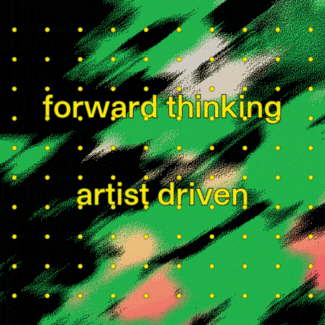Marion Séclin is a French actress and feminist YouTuber who once made a video about street harassment. At the time, she had encouraged others in France to share their own experiences with the hashtag #TasÉtéHarceléeMais, or “you’ve been harassed but.” However, after she did, she became a target of an online harassment campaign where she says she received more than 40,000 sexist messages, including death and rape threats.
Séclin is just one of many women with similar stories; countless others have experienced the same and worse: Kiah Morris is a former Democratic representative of Vermont who resigned after receiving gendered and racist threats. Laura Boldrini is a former president of the Italian Parliament who has been one of the most harassed female politicians in Italy. Laurence Gratton is a Québec teacher who has been harassed for several years by a former colleague. All of these women are part of the documentary film Backlash: Misogyny in the Digital Age, by Léa Clermont-Dion and Guylaine Maroist. The film, which will be screened at Saint Paul University on March 30, reveals how cyberviolence has carelessly shaken these four women’s lives. Its French title, Je Vous Salue Salope, which translates to “I salute you, bitch,” captures the solidarity among people who identify as women pushing for change and police action.
“It’s a heartbreaking story of four women leaders whose lives are literally turned upside down by cyberviolence,” says Diana Official, a coordinator with the non-profit social innovation workshop Atelier housed at Saint Paul. She adds that the screening event aims to raise awareness of online rape culture and provide women with resources to equip them for a digital world that now poses greater social risks. In fact, cybercrime is on the rise in Canada. According to data from Statistics Canada, police-reported cybercrime increased from 27,829 instances in 2017 to 70,288 in 2021. Harassment, threats, and sexual exploitation are just some of the crimes included in those reports.
“We did find that there was actually an increase in digital violence during the pandemic,” says Official. “Even though the pandemic opened our eyes to a lot of social issues, such as cyberviolence, the problem there was the fact that even if a lot of people were actually a victim of cybercrime, there were no more precautions in terms of law enforcement to solve the problem. And that is an issue.”

Image provided.
Backlash will be shown with English subtitles and will be accompanied by a panel discussion featuring experts and an exhibit by non-profit community organizations including the Ottawa Rape Crisis Centre and the National Council of Women of Canada. Official says the night will provide a safe space where people can educate themselves on dealing with such violence in absence of police action.
“The reality is if you go to law enforcement to report cyberviolence, as mentioned, they’re not going to do anything to support you,” Official says. “That’s when the nonprofit organizations are coming in handy. They will provide you with the resources to learn how to use your device properly, to assess your emotions, and to actually remind you of your humanity as a person—to remind you that you’re not alone.”
Official says there are growing problems with misogyny in fields like sports and gaming. She believes the internet is enhancing misogyny because anonymity desensitizes people to the humanity of others.
“When you are surrounded with other people and the environment, you understand social cues and you’re more empathetic because you’re building your social skills, right? Versus when you’re online and when you’re literally fixing your eyes on a screen. It’s not helping, and in terms of developing interpersonal skills, that helps you to actually develop emotional intelligence,” Official says. “And that’s the danger of using digital devices. It’s the fact that you’re less sensitive in terms of how other people feel.”
The panel will also highlight topics like intersectionality and race, and will provide resources for people from a variety of socioeconomic backgrounds.
Backlash: Misogyny in the Digital Age will be screened in the SPU Amphitheater of Guigues Hall at Saint Paul University (223 Main St.) on March 30 at 6pm. This free event is open to the public and more information is available at Eventbrite.



.gif)


